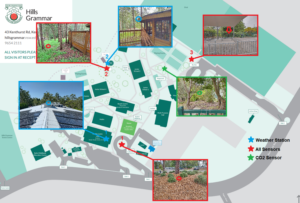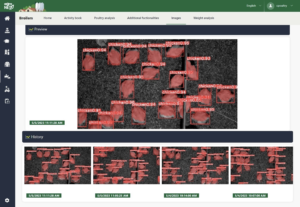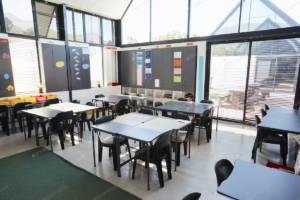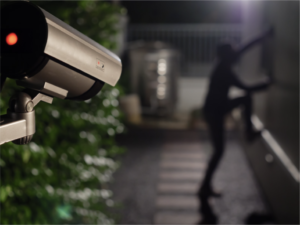Smart City: 500+ SenseCAP LoRaWAN Devices Deployed to Mitigate Urban Heat Island in Cagliari Italy
By Lily 1 year agoTo address the challenges of urban heat waves, WiData and Abinsula, our partners in Italy, deployed 500+ SenseCAP sensors including SenseCAP S1000 weather sensor along with SenseCAP S2100 LoRaWAN DTU as well as other SenseCAP LoRaWAN sensors at more than 300 sites in Cagliari for the Cagliari Smart City Project. This project offers urban heat island monitoring for the local administration to take action on the intervention in the building color and green space planning to better mitigate the heat island effect.
To address the challenges of urban heat waves, WiData and Abinsula, our partners in Italy, deployed 500+ SenseCAP sensors including SenseCAP S1000 weather sensor along with SenseCAP S2100 LoRaWAN DTU as well as other SenseCAP LoRaWAN sensors at more than 300 sites in Cagliari for the Cagliari Smart City Project. This project offers urban heat island monitoring for the local administration to take action on the intervention in the building color and green space planning to better mitigate the heat island effect.
- Solution: IoT Solution to monitor microclimate data for city governance and academic studies
- Participating Partners: WiData, Abinsula, University of Cagliari, Fastweb etc.
- Seeed Products used: SenseCAP S2100 LoRaWAN DTU, SenseCAP S1000 Weather Sensor, SenseCAP S2102 LoRaWAN Wireless Light Intensity Sensor,and S2103 LoRaWAN® CO2, Temperature, and Humidity Sensor
- Industry: Smart Cities
- Solution Deployed in: Cagliari, Italy
Urban heat island refers to the phenomenon when an urban area is significantly warmer than its rural surroundings due to artificial infrastructure and human activities of urbanization. According to studies by the Copernicus Climate Change Service (C3S), implemented by the European Centre for Medium-Range Weather Forecasts (ECMWF) on behalf of the European Commission, urban heat island increases energy costs, air pollution levels, and heat-related illness and mortality. Urban planners and governments have been implementing strategies to reduce this heat stress, including increasing green-blue infrastructure such as green roofs, tree and vegetation cover, cool roofs, heat island monitoring, and modeling. But to make these changes, insights into how temperature and other parameters vary spatially within the urban environment are fundamental to better mitigate urban heat islands.

Challenge
In recent years, smart city technology, which encompasses the use of advanced IoT solutions technologies to collect data to improve urban infrastructure and services, is increasingly being implemented to help address the issue of urban heat islands. Cagliari, a southern Italian city with a population of 154,408 (data from the Italian National Institute of Statistics), is the largest city on the island of Sardinia. Starting in 2017, the Municipality of Cagliari worked with the University of Cagliari to apply thermal imaging cameras mounted above a small plane that flew over the city, continuously capturing the temperatures of 250 elementary areas crossed. Using thermal data, a fitting empirical model has been developed for bituminous pavement surfaces has been extended to other materials used in the urban context. It supports the municipal to carry out various urban heat island mitigation actions of creating urban green areas, energy efficiency improvement, vehicular reduction, and especially the reduction of bituminous surfaces.
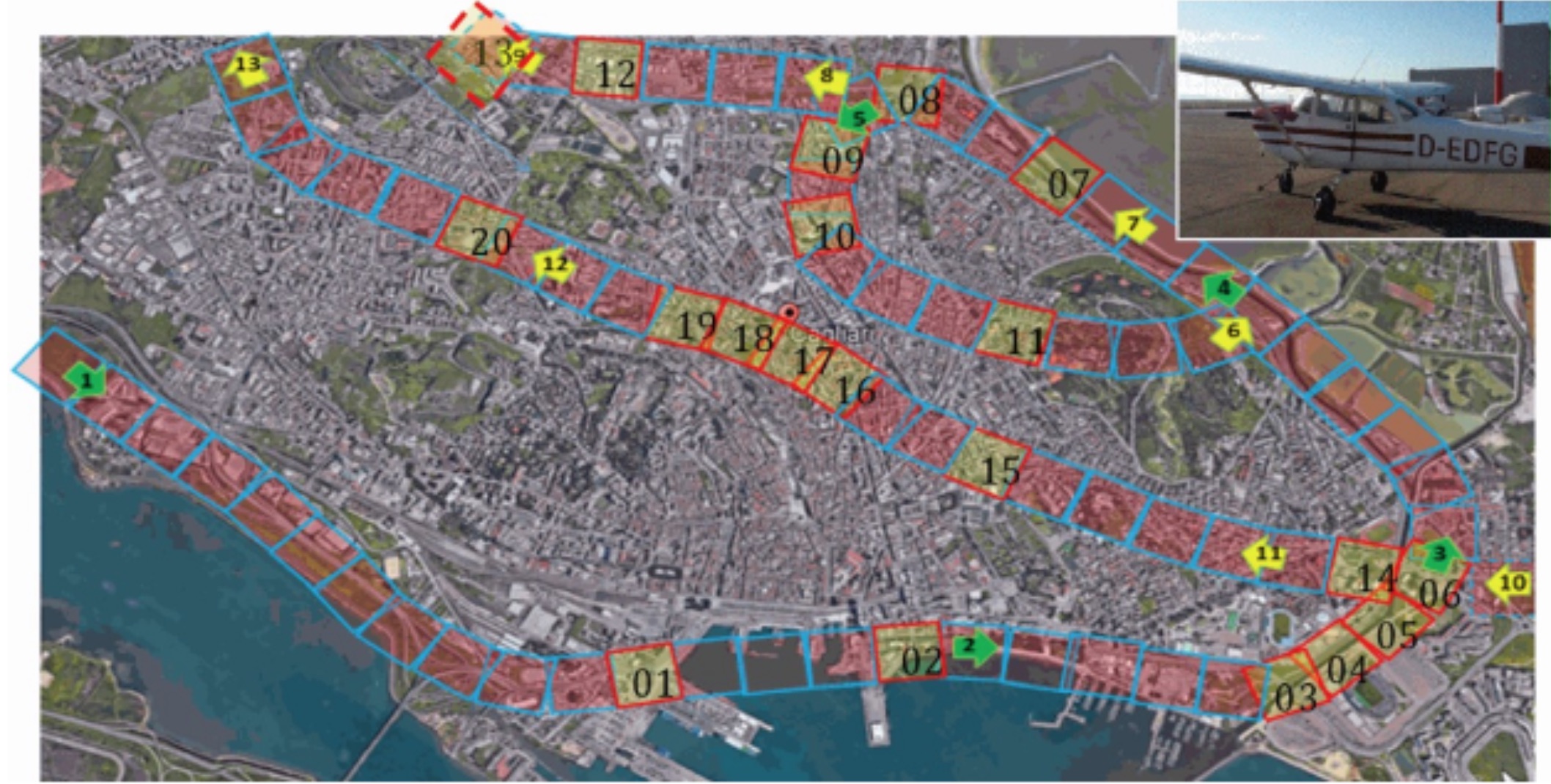
However, to properly address the issue of urban heat islands, data must be collected on multiple variables such as temperature, humidity, air quality, and more at a city scale. This requires an extensive network of sensors, which will be costly and difficult to get with airplane capturing, especially in densely populated urban areas. Additionally, collecting the thermal data with airplanes and then analyzing it with an empirical model can be a time-consuming process, making it challenging to respond to the rapidly changing conditions that can affect urban heat islands. Moreover, access to high-quality environmental data can also be limited in certain areas, especially in communities where network connectivity is insufficient. Addressing these challenges and promoting equitable access to data is necessary to effectively mitigate urban heat islands and build more sustainable cities.
Solution
To address the challenges of urban heat islands with precise real-time environmental data at a city scale, the Municipality of Cagliari, initiated the Cagliari Smart City project together with telecommunications company Fastweb and software development companies WiData and Abinsula to build an infrastructure for monitoring, identifying, and mitigating urban heat islands with the scientific support from the University of Cagliari. In this project, Fastweb provides the infrastructure connectivity and cloud resources to log data and host the monitoring software platform, while WiData contributes to developing a software and hardware platform for data collection and system control together with Abinsula. The platform includes information from SenseCAP sensors developed by WiData to monitor people’s movement and cameras for surveillance purposes. All of the data collected from these various sources will be fed into a control room located in the Municipality headquarters, which manages and analyzes the data, allowing for better management of services in a more efficient manner.
By working with a professional installation company Ely Sistemi Project, WiData deployed 528 SenseCAP sensors and DTUs on the city light poles and building rooftops at 314 sites which cover an area of 85.45 km2 in the city of Cagliari. The sensors deployed include SenseCAP S1000 10-in-1 Weather Sensors, SenseCAP S2102 Air Temp & Humidity Sensor, and S2103 Light Sensor.
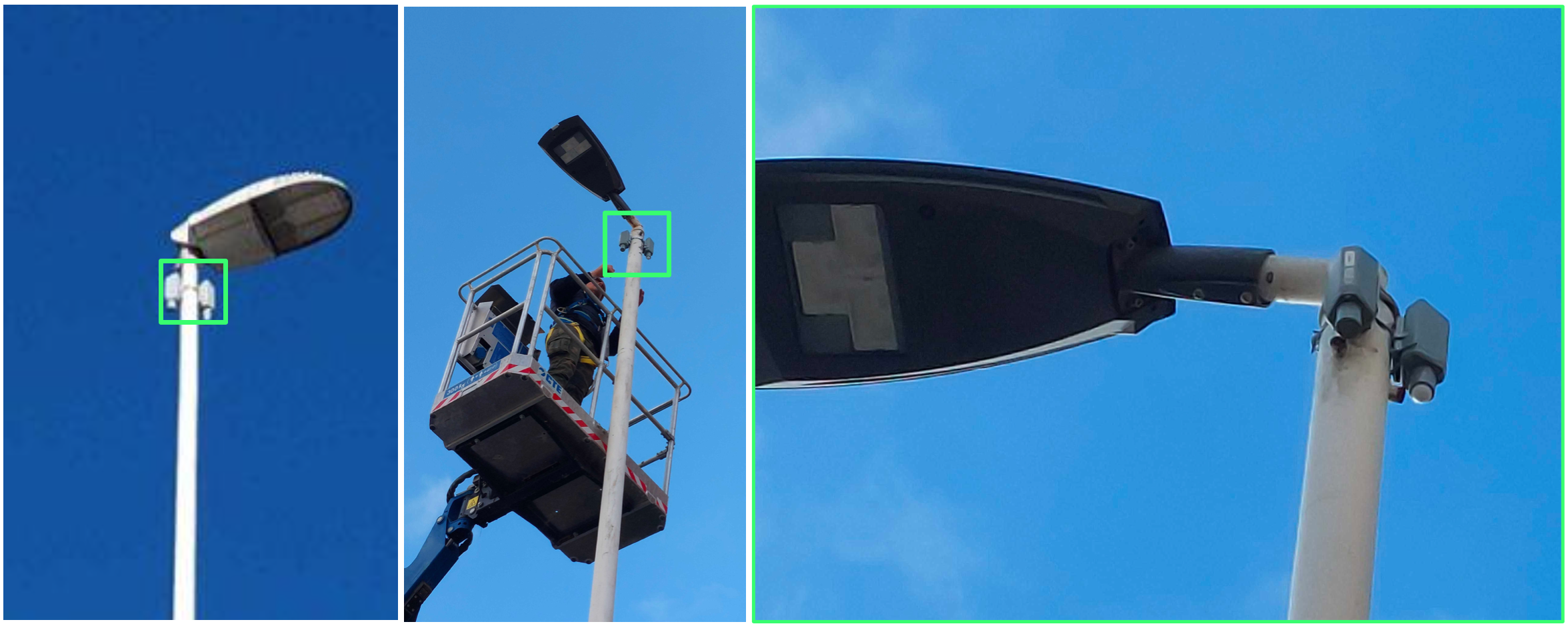
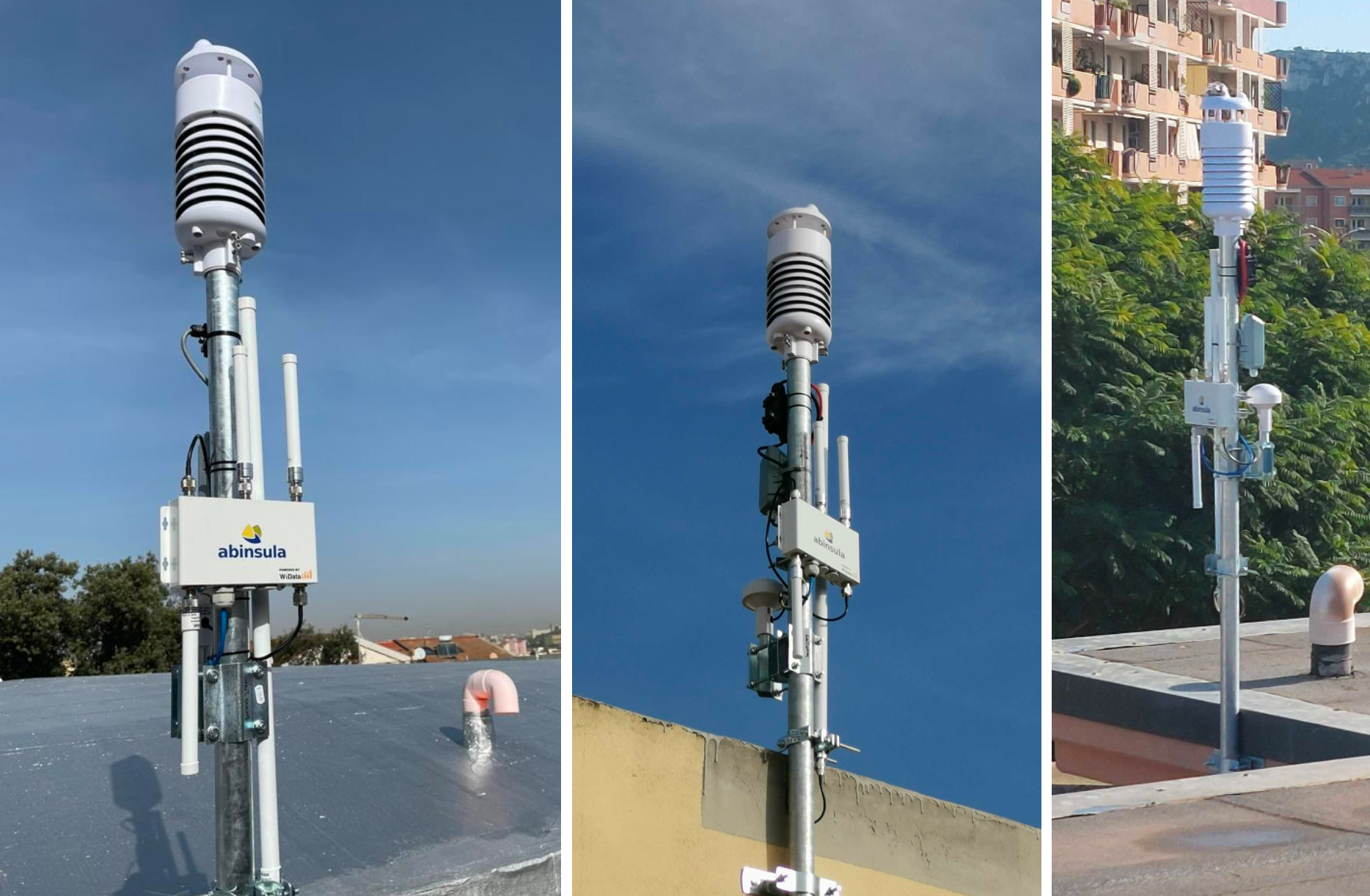
With the deployed sensors, it provides environmental monitoring of CO2, temperature, humidity, atmospheric pressure, wind speed, wind direction, rainfall intensity, rainfall peak, PM2.5, PM10, and light intensity. All collected data is integrated into the project’s web platform, where it can be visualized in real-time, detects anomalies, and alerts data limits in the city map.
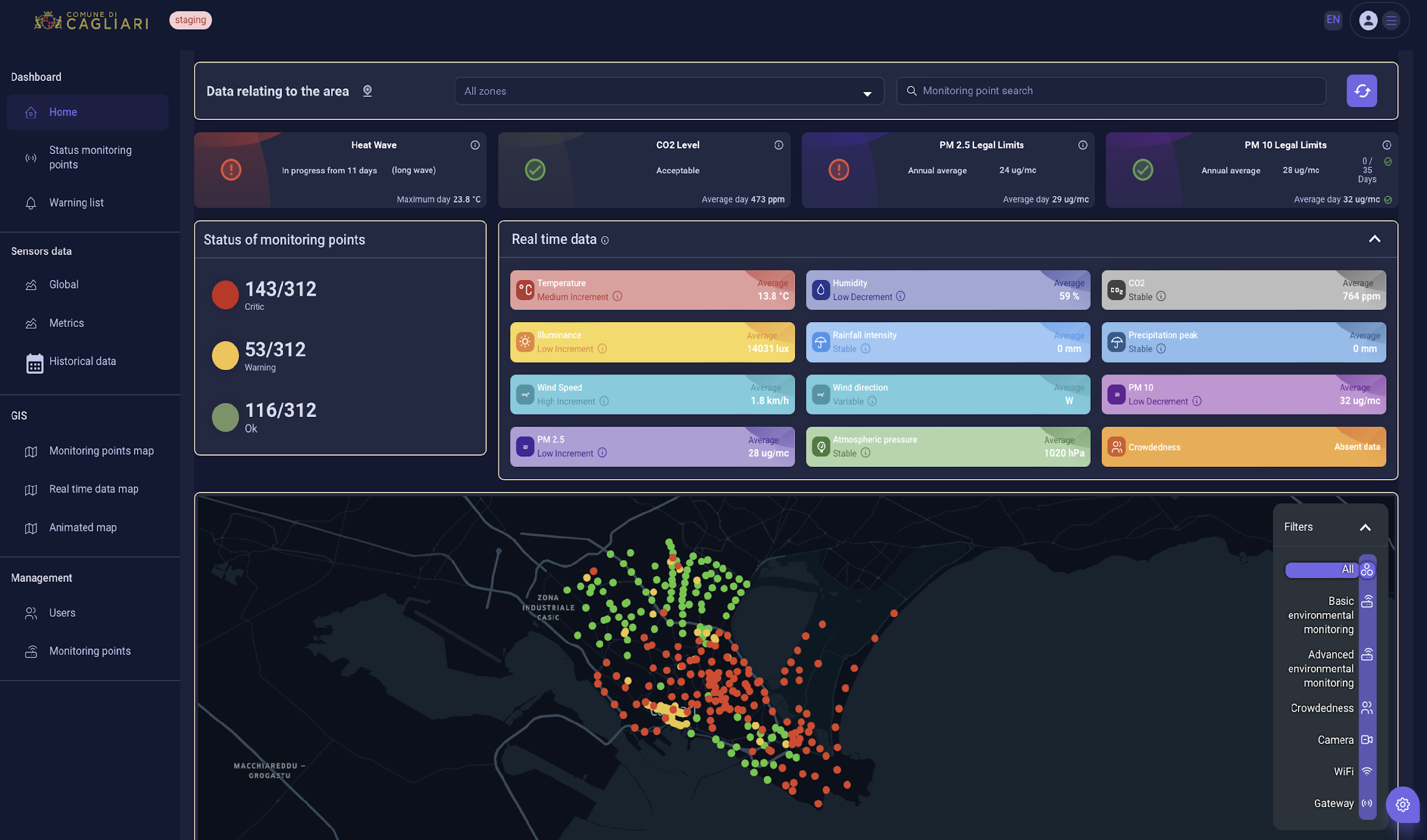
The project is funded by “Programma Operativo Nazionale Metropolitano 2014-2020 (PON METRO 2014-2020)”, a national operational program created by the Italian government to provide funding for projects aimed at promoting sustainable development, improving the quality of life in metropolitan areas, and reducing social and economic disparities.
Why SenseCAP
LoRaWAN, a low power, wide area (LPWA) network protocol, plays a key role in the whole system. Featuring long-range, low-power consumption, and end-to-end encryption security, the architecture of LoRaWAN sensors and gateways is found to be the most convenient and reliable for deploying the environmental monitoring network given the large scale of the deployment of the project.
“The Sensecap suite is very easy to implement, especially for battery-powered LoRaWAN devices, and there is seamless integration between SenseCAP devices even if they are not natively LoRaWAN-enabled. In fact, the S2100 LoraWAN DTU allows the integration of devices such as the SenseCAP S1000 10-in-1 Weather Sensor into an already implemented LoRaWAN network. Furthermore, the entire suite can be integrated into different network servers, such as the Helium network or the AWS IoT core for LoRaWAN. In summary, the senseCAP product and service enabled us to realize a complete Smart City project quickly and easily. The support is very fast and all communication went through Discord channels.” comments Marco Uras, CEO at WiData.
Results
Through constant data monitoring, Cagliari strides in improving its urban environment by redefining its city planning to build a more sustainable city. The real-time data is used by the city’s administration to plan green areas and enforce light-colored building facades in heat islands, mitigating the damaging urban heat island effect. Researchers at the University of Cagliari also utilize this data to study and develop urban heat island mitigation systems. The implementation of AI using this data has also enabled more focused actions and improved air quality in the city.
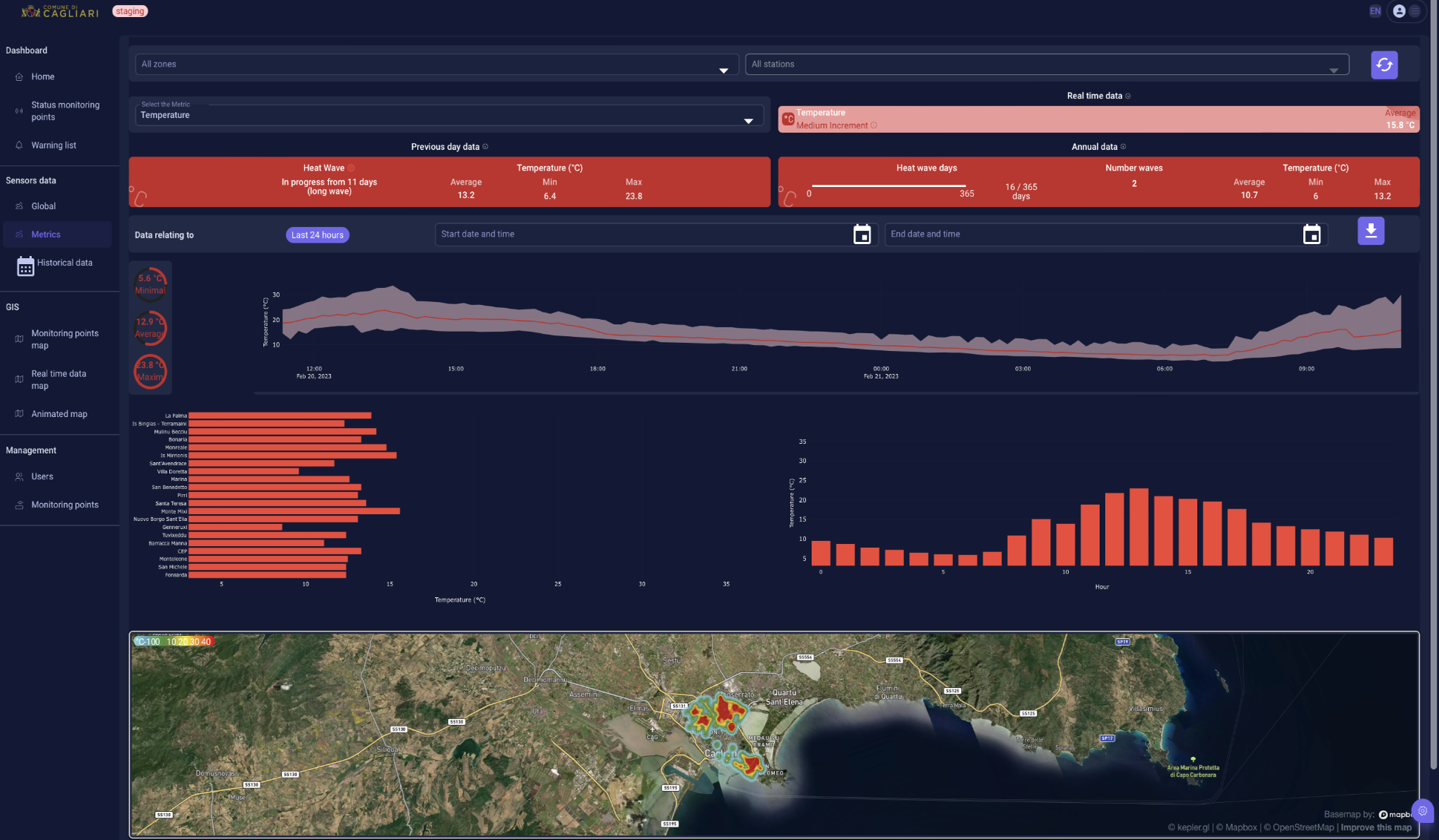
Besides the sensor network, a number of wireless access points are also implemented to expand the public WiFi coverage to better support data transmission from people counter cameras to the cloud. As a result of this data-driven approach, the tourist flow in the city is better navigated, and public events and city attractions are better managed. With the upgraded sensor network and connectivity infrastructure, the city government provides more security controls for citizens.
The Cagliari Smart City project has been featured at the Smart City World Expo, Barcelona 2023. “Through the use of smart poles equipped with sensors, a series of useful data has been collected for sustainable mobility, for the creation of a safe and interconnected city, for the provision of services of proximity, for the control of tourist flows, for the detection of air quality and the presence of pollutants and for monitoring the microclimate. Through the sensors, it will in fact be possible to study phenomena such as heat islands, which have extremely significant impacts on health, urban comfort, and in general the quality of life. The system will also be a tool to increase the areas covered by the Wi-Fi connection and video surveillance cameras will also be installed to ensure greater safety for citizens. The control room works as a real database and intervention platform to support the strategy of interventions in the city.” Cited from Comune di Cagliari.
This project also contributes to the following Sustainable Development Goals (SDG 9, 11, 13, 15, and 17.)

About WiData
https://widata.cloud
WiData is a technology company that specializes in developing Internet of Things (IoT) solutions to help organizations collect and analyze data from various sources. Their solutions are scalable and customizable to meet the specific needs of each organization or application, with a particular focus on people flow monitoring in different settings such as municipalities, mass transportation, and public or private spaces.
About Abinsula
https://abinsula.com
Abinsula is an Italian software development company with a strong focus on providing innovative software solutions in the areas of Embedded, IoT, Web, and Mobile, with a particular emphasis on the automotive industry. With a high level of specialization in this field, Abinsula has been able to establish itself as a provider of cutting-edge ICT solutions not just in Italy, but also on a global scale.
About Fastweb
https://www.fastweb.it
Fastweb is an Italian telecommunications company that provides broadband internet, fixed-line telephone, and digital television services to both residential and business customers.
About the University of Cagliari
https://www.unica.it
The University of Cagliari (Italian: Università degli Studi di Cagliari) is a university in Cagliari, Sardinia, Italy. It was founded in 1606 and is organized in 11 faculties.
About Author
Lily
Nature lover, baker, cook, DIYer, bug hunter in daily life, and wanna code. Love writing. Words are my natural expression.

